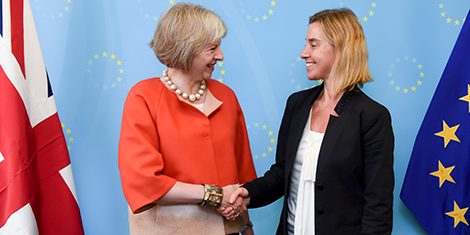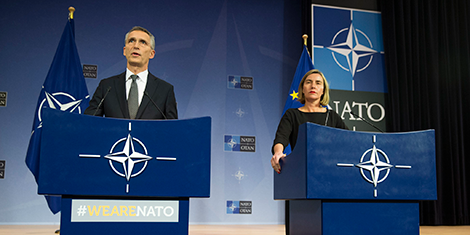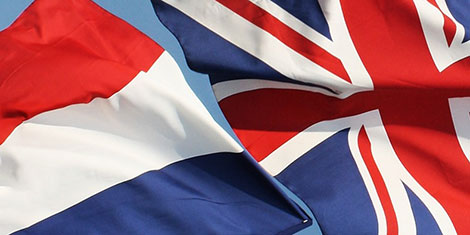
This article was originally published by the Centre for European Policy Studies (CEPS) on 24 April 2018.
What expectations should the EU harbour with respect to Britain’s continued contribution to EU defence activities after Brexit and can the former member state expect special treatment?
With Brexit, the UK will become a ‘third state’ vis-à-vis the European Union. In the defence domain, this means that the UK will no longer take part in EU decision-making or operational (planning) bodies, will not command or be the framework nation of an EU-led force, and any British contribution to an EU operation will be subject to the rules that apply to third countries.




